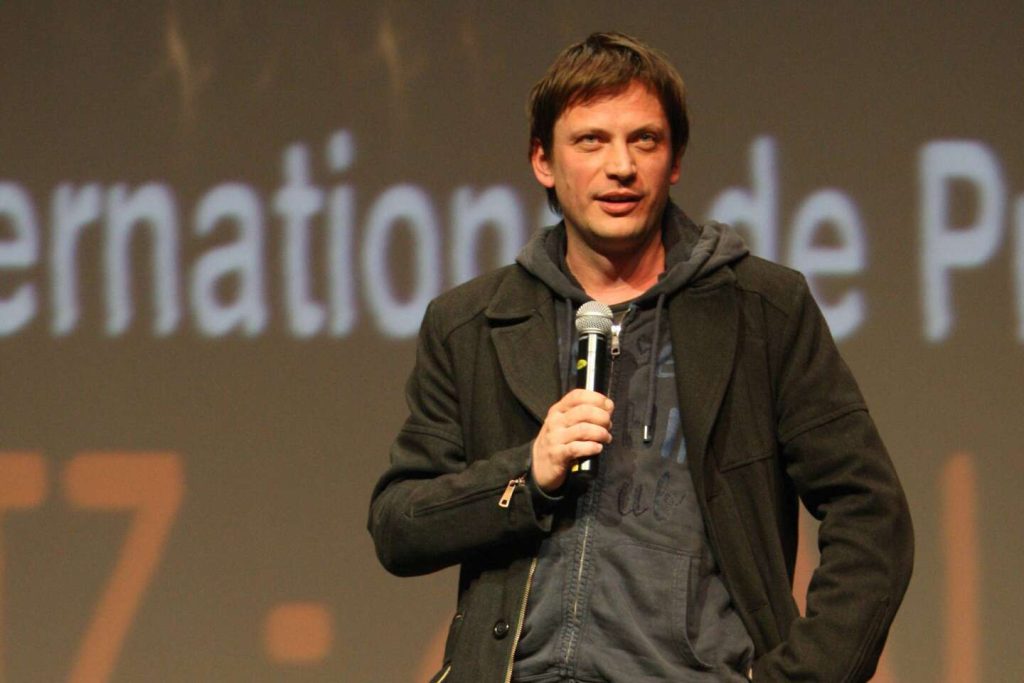Dalibor Matanic, a well-known Croatian director, admitted on Facebook to sexually assaulting several women, sparking a strong reaction after articles were published on the topic. He stated that these incidents occurred while under the influence of alcohol or drugs and acknowledged that his behavior was inexcusable. Matanic also announced that he would be entering a rehabilitation center to address his substance abuse issues. The Croatian Minister of Interior, Davor Bozinovic, announced that an investigation would be opened into the matter.
Matanic, who won an award at Cannes in 2015 for his film “The High Sun” (Jury Prize, Un Certain Regard), has often used his films to critique patriarchal culture and violence against women. The revelation of his actions has shocked many, as he was seen as an ally in the fight for gender equality. Sanja Sarnavka, a women’s rights activist, expressed her dismay at the news. The incident highlights the long-standing taboo around violence and sexual assault in the Balkans, where patriarchal values are deeply ingrained.
In recent years, there has been a growing awareness of gender-based violence in the region, with movements like #metoo gaining momentum. A high-profile case in neighboring Serbia, where an actress accused her former drama teacher Miroslav Aleksic of rape, prompted thousands of women to come forward with their own stories. This increased focus on gender violence has drawn attention to the prevalence of such issues in Balkan societies and the need for greater accountability and prevention measures.
The response to Matanic’s admission reflects a broader societal shift towards addressing gender-based violence and holding perpetrators accountable. The decision to seek rehabilitation for substance abuse also underscores the complexities of addressing problematic behavior and the need for holistic approaches to addressing underlying issues. The announcement of an official investigation into the matter signals a commitment to addressing the allegations and ensuring justice for the victims.
The incident involving Matanic serves as a wake-up call for the film industry and wider society to confront issues of sexual misconduct and abuse of power. It underscores the importance of creating safe spaces for women and promoting a culture of respect and equality. By acknowledging his wrongdoing and taking steps towards rehabilitation, Matanic’s case provides an opportunity for reflection and a renewed commitment to combating gender-based violence in the region. The broader context of societal norms and values in the Balkans underscores the need for ongoing efforts to challenge patriarchal systems and promote gender equality.


